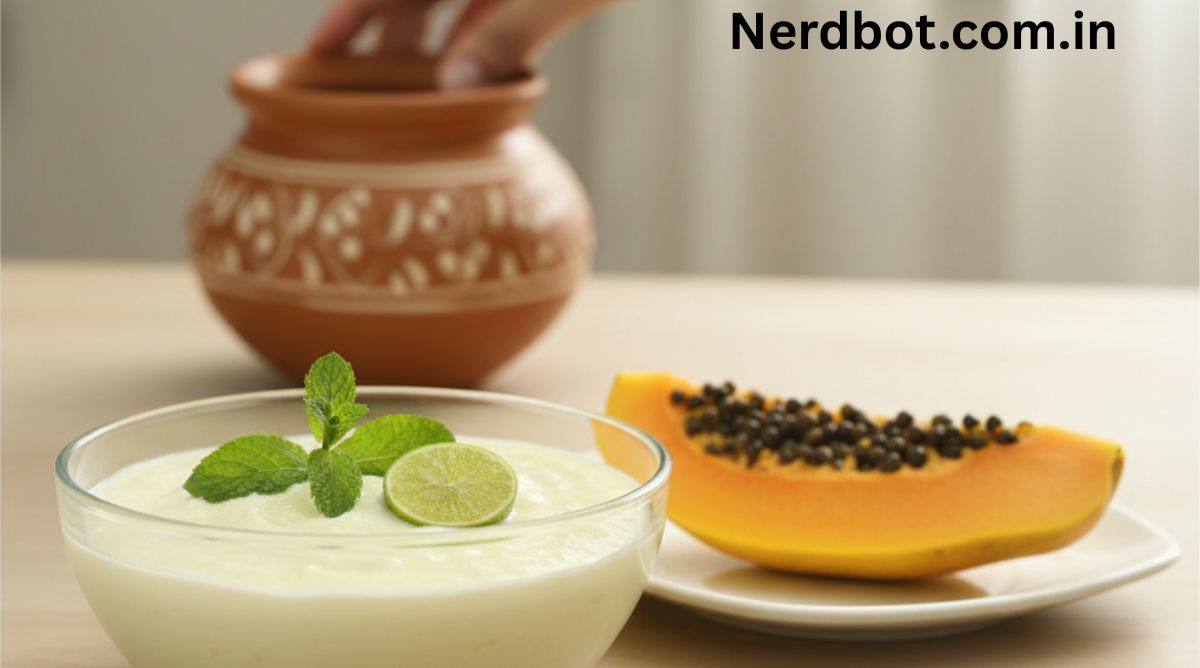Introduction
Jaundice is a condition marked by yellowing of the skin, eyes, and mucous membranes caused by elevated levels of bilirubin in the blood. It’s usually a sign of liver dysfunction, and therefore, managing one’s diet becomes critical during jaundice. One question that frequently arises is: Can I eat fish in jaundice?
Fish is often considered a healthy source of protein, omega-3 fatty acids, and essential nutrients. However, given that jaundice involves compromised liver function, which is responsible for fat metabolism and detoxification, consuming animal-based proteins like fish needs careful consideration. This article provides an in-depth analysis of whether fish should be included in a jaundice-friendly diet, its potential benefits, risks, and dietary recommendations.
Understanding Jaundice
What Causes Jaundice?
Jaundice occurs due to the accumulation of bilirubin, a yellow pigment produced from the breakdown of red blood cells. Common causes include:
- Hepatitis (A, B, C)
- Alcoholic liver disease
- Fatty liver disease (NAFLD)
- Gallstones
- Bile duct obstruction
- Hemolytic anemia
The Liver’s Role in Diet
The liver plays a central role in metabolizing nutrients, especially proteins and fats. When the liver is inflamed or damaged, its ability to process these nutrients decreases. Therefore, during jaundice, foods that are heavy in fat or protein may be difficult for the liver to handle, unless carefully selected and prepared.
Nutritional Needs in Jaundice
To support liver recovery, a jaundice patient should follow a diet that includes:
- Easily digestible proteins
- Low-fat foods
- Antioxidants and vitamins
- Plenty of fluids
- Fibre-rich fruits and vegetables
Protein remains vital for tissue repair and immunity. However, excessive fat and hard-to-digest foods must be avoided.
Nutritional Value of Fish
Fish is a complete protein source and rich in several nutrients. Here’s a general nutritional profile for a 100g portion of cooked fish (like tilapia or cod):
- Calories: 100–120 kcal
- Protein: 20–25 grams
- Fat: 1–5 grams (depending on the fish type)
- Omega-3 Fatty Acids: Varies (higher in fatty fish like salmon)
- Vitamins: B12, D
- Minerals: Selenium, iodine, phosphorus
Types of Fish
Fish can be broadly categorized into:
- Lean Fish: Low in fat (tilapia, cod, haddock)
- Fatty Fish: High in omega-3 and fat (salmon, mackerel, sardines)
Can I Eat Fish in Jaundice?
The Short Answer: Yes, but Choose Wisely
Fish can be included in a jaundice recovery diet, provided you choose the right type of fish, cook it with minimal fat, and consume it in moderation. Lean fish is generally safe and beneficial, while fatty or fried fish should be avoided during the acute phase.
Benefits of Eating Fish During Jaundice
1. High-Quality Protein
Fish offers easily digestible protein which is vital for:
- Tissue repair
- Muscle maintenance
- Immune support
2. Rich in Vitamin B12 and D
These are essential for energy metabolism and immune function, both of which are crucial for recovery.
3. Low Saturated Fat (in Lean Fish)
Lean fish provides protein without overburdening the liver with fats.
4. Omega-3 Fatty Acids (in moderation)
These have anti-inflammatory properties and may support liver repair if consumed in small amounts after the acute phase.
Risks of Eating Fish During Jaundice
1. Fatty Fish May Stress the Liver
Fatty fish like salmon, sardines, and tuna contain higher levels of fats, which may be difficult to digest and metabolize during jaundice.
2. Mercury and Contaminants
Some fish may contain mercury or pollutants which the liver must process, putting extra strain on it.
3. Improper Cooking Methods
Frying or heavy seasoning increases fat content and makes digestion difficult.
4. Overconsumption of Protein
Too much protein can lead to hepatic encephalopathy in serious liver diseases. Moderation is key.
Medical Opinion on Eating Fish in Jaundice
Most hepatologists and nutritionists support the inclusion of steamed or boiled lean fish during the recovery phase of jaundice.
Dr. Neha Kapoor, a liver specialist, states:
“In jaundice, the liver needs rest. Lean fish like cod or tilapia, when steamed or poached, can provide excellent nutrition without burdening the liver.”
Nutritionist Ravi Sharma adds:
“Fish should be consumed in small portions, no more than 2–3 times a week, and only in lean form. Avoid fatty fish and never fry it.”
Best Types of Fish for Jaundice Patients
Here are the top lean fish suitable for consumption:
- Tilapia
- Cod
- Haddock
- Pollock
- Pomfret (white)
Fish to Avoid
- Salmon
- Mackerel
- Sardines
- Tuna (especially canned in oil)
- Shellfish (high allergen content)
Safe Cooking Methods
To reduce liver strain, follow these methods:
- Steamed fish
- Boiled fish with mild spices
- Grilled fish (without oil or butter)
- Fish soup (light)
Avoid:
- Fried fish
- Fish with rich sauces or spices
- Pickled or smoked fish
- Fish with butter or cream
When to Reintroduce Fatty Fish?
Once liver function improves and bilirubin levels normalize, you may slowly reintroduce fatty fish like salmon in small portions under medical supervision. Omega-3s can benefit the liver long-term, but only after recovery.
Sample Diet Including Fish in Jaundice
Morning
- Warm lemon water
- Oats porridge
- Apple or banana
Midday
- Coconut water
- Boiled potato or cucumber salad
Lunch
- Steamed rice
- Moong dal
- Steamed tilapia fillet with turmeric and cumin
- Boiled carrot and spinach
Evening
- Papaya or pear
- Herbal tea
Dinner
- Clear vegetable soup
- 1 slice whole wheat bread
- Poached cod with boiled vegetables
Alternatives to Fish for Protein in Jaundice
If you’re allergic to fish or vegetarian, here are great alternatives:
- Moong dal
- Tofu
- Low-fat paneer
- Egg whites
- Steamed chicken (small quantity)
- Greek yogurt (low-fat)
Common Myths About Fish and Jaundice
Myth 1: Fish worsens jaundice.
Truth: Lean fish, if properly prepared, supports recovery.
Myth 2: Fish oil helps liver healing in jaundice.
Truth: Fish oil is too fatty for the liver during the acute stage.
Myth 3: All fish are the same.
Truth: Lean and fatty fish have different effects on the liver.
Expert Tips for Eating Fish in Jaundice
- Eat small portions (80–100 grams per meal).
- Use anti-inflammatory herbs like turmeric and cumin.
- Avoid oily, fried, or spicy fish preparations.
- Always ensure freshness of fish to prevent infections.
- Drink plenty of water and natural juices for detox.
Conclusion
So, can I eat fish in jaundice? The answer is a careful yes—but with important conditions. Lean fish like tilapia or cod, when steamed or boiled, can be an excellent source of high-quality, easily digestible protein that supports liver repair. However, fatty fish, fried preparations, and fish with additives should be strictly avoided, especially during the acute phase of jaundice.
Always consult your doctor or a registered dietitian before making significant changes to your diet during illness. By selecting the right type of fish and preparing it correctly, you can support your recovery and strengthen your liver function naturally.










